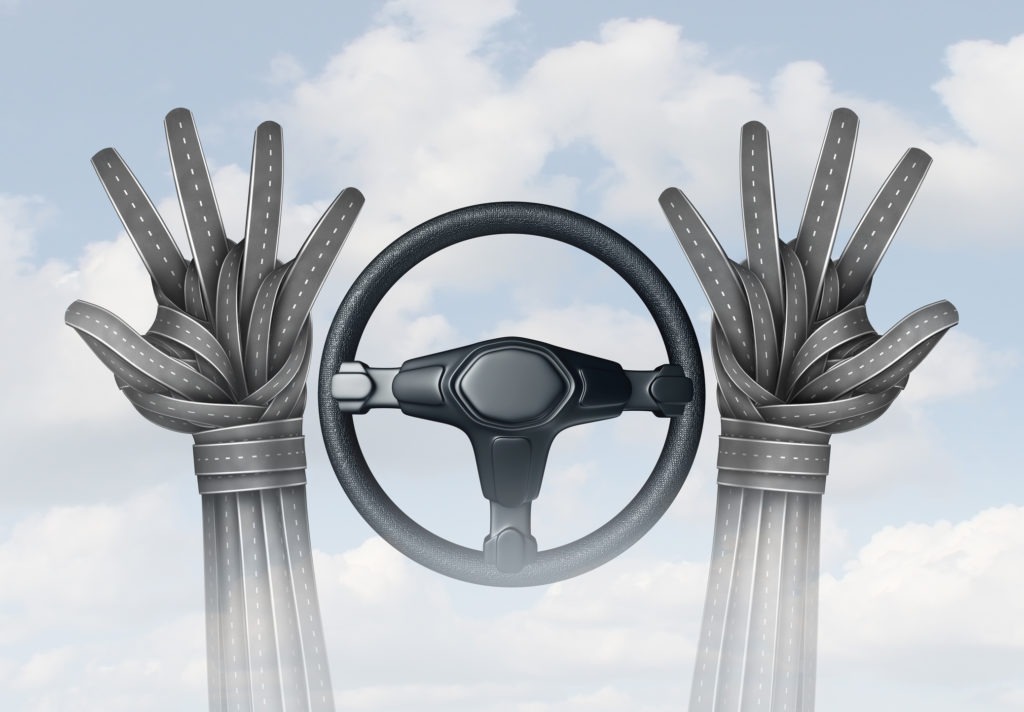Passenger economy will develop as autonomous vehicles take to roads
02 June 2017

2 June 2017
Technology company Intel has released a study into the creation of a new ′passenger economy’ when autonomous vehicles become commonplace on roads around the world.
The company believes that this new opportunity will be more than twice the size of the ′sharing economy’, and will develop to support the idle time when drivers become passengers as they no longer have control of the vehicle themselves. Intel values this market at $7 trillion (€6.2 trillion) as autonomous technology grows by 2050.
Brian Krzanich, CEO of Intel, comments: ′Companies should start thinking about their autonomous strategy now. Less than a decade ago, no one was talking about the potential of a soon-to-emerge app or sharing economy because no one saw it coming. This is why we started the conversation around the Passenger Economy early, to wake people up to the opportunity streams that will emerge when cars become the most powerful mobile data generating devices we use and people swap driving for riding.’
The report states that business use of Mobility-as-a-Service (MaaS) is expected to generate $3 trillion (€2.7 trillion) in revenues, or 43% of the total passenger economy, while consumer use of MaaS offerings is expected to account for $3.7 trillion (€3.3 trillion) in revenue, or nearly 55%.
Intel believes that this future mobility will see drivers moving away from traditional car ownership, with shared vehicles operating in towns and cities, a strategy that manufacturers in Europe also believe will aid infrastructure and improve both safety and pollution. In the report, the company states that self-driving vehicles are expected to free more than 250 million hours of consumers’ commuting time per year in the most congested cities in the world.
However, while manufacturers continue to experiment with their autonomous vehicles, some believe that certain levels of autonomy could cause accidents rather than prevent them. A number of companies are looking to skip Level 3, where the driver can take their eyes off the road but must be prepared to take control of the vehicle, as they believe in this scenario the person behind the wheel can never be fully prepared for the situation they may find themselves in.
Speaking at the Connected and Automated Driving Conference in Brussels during April 2017, Volvo CEO HÃ¥kan Samuelsson, commented: ′In this mode the car is in charge of the driving, yet the driver must still be prepared to take over in case of emergency, which could be a matter of a few seconds. Volvo considers this Level 3 driving mode unsafe and will thus skip this level of autonomous driving.’